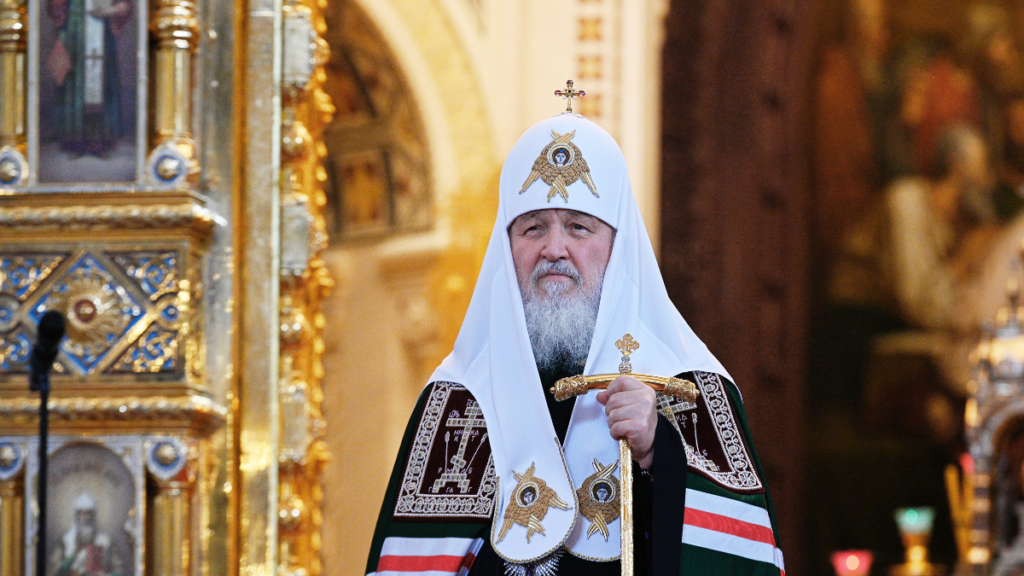Last updated on October 8th, 2020 at 08:10 am
The head of the Russian Orthodox Church, His Holiness Patriarch Kirill, sent an official letter to the Chairman of the State Duma, Viacheslav Volodin, in which he severely criticized the bill on the express-removal of children by courts in 24 hours. The bill, as iFamNews has already reported, was introduced to the Duma by Deputy Pavel Krasheninnikov and Senator Andrei Klishas. and caused great concern in the Russian society.
In his letter, the Patriarch of the Russian Orthodox Church rightly emphasizes: “The problem of the unjustified removal of children from their parents is very serious.”
The letter says that “the Russian Orthodox Church has repeatedly drawn attention to the need to ensure at the legislative level effective protection of citizens from unjustified and/or illegal interference in family life (including under the pretext of protecting the rights of children), combating the often-encountered administrative arbitrariness of guardianship authorities. “
His Holiness the Patriarch points out that, although the idea to strengthen the role of the court in making decisions affecting the interests of the family deserves attention in and of itself, the adoption of the Krasheninnikov-Klishas bill on express court decisions on the removal of children is risky:
“Requiring an emergency court decision on the removal of children (within 24 hours) can lead to the fact that the court will be inclined to rely on the opinion of the guardianship authorities, in fact, just legalizing their proposed decision. As is known from law enforcement practice, judicial review of a court decision is more difficult than judicial review of an administrative decision of a guardianship authority. Thus, the bill does not reduce the risk of abuse by the guardianship authorities. “
“This legislative proposal has already caused concern among the general public: the demand not to allow the adoption of this law has been signed by several tens of thousands of people,” emphasizes His Holiness the Patriarch.
In conclusion, he asks to organize a broad public discussion not only of the “risky” draft law on express courts, but also on “the current state and prospects of changes in family legislation in general”.
It should be noted that, according to the official position of the Russian Orthodox Church, “the state has no right to interfere in family life, except in cases where there is a proven danger to the life, health and moral state of the child and when this danger cannot be eliminated through help to parents and through methods of persuasion.” At the same time, “the actions of state bodies should be based on clear and unambiguous legal criteria.”
The criticized draft law does not conform to these sound principles. The law retains a vague wording about “an imminent threat to the life and health of a child”—it is arbitrary interpretation of these very words (both by the guardianship authorities and by the courts) that usually leads to the groundless destruction of the family. In addition, the bill introduces a new “rubber” wording in the Family Code, giving the guardianship authorities the right to immediately take the child from the parents without trial in “exceptional cases, if there is reason to believe that the death of the child may occur within a few hours.” Family and parenting advocates point out that this language will inevitably be interpreted as arbitrarily as the current one.
We will hope that the voice of His Holiness the Patriarch will be heard by the legislators, especially since we have grounds for such a hope. Indeed, last year, when the feminist lobby (with the support of LGBT organizations and friends of George Soros) sought the immediate adoption of an anti-family law on the “prevention of domestic violence”, similar criticism from the head of the Russian Orthodox Church made many representatives of the government think and stop.
This time, the voice of the Church can also become an important reminder of common sense and the need to be careful in regulating such an important and delicate area as family life.
